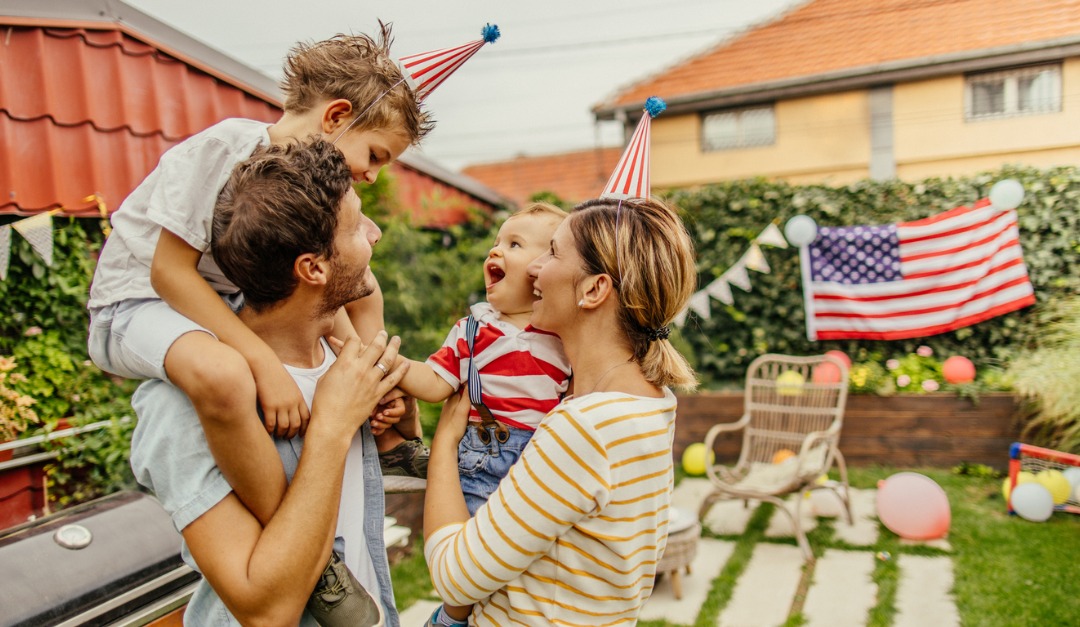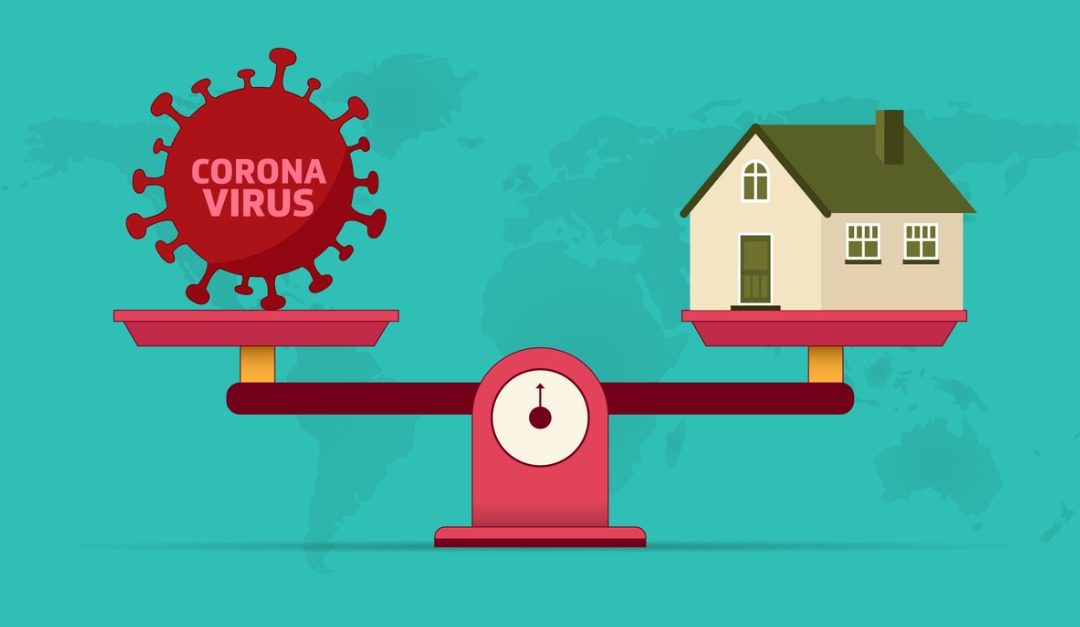The coronavirus has been dominating the news for months and has disrupted normal life in countless ways. You might think that it would be best to avoid talking to your children about COVID-19 to avoid scaring them, but that could actually make them more anxious. Kids know that something serious is going on and not providing information could cause their imaginations to run wild. Giving your children facts and putting things in perspective could help them feel safe.
How to Approach a Conversation About COVID-19
Stay as calm as possible when discussing the coronavirus. If you are anxious, your kids will pick up on that and they will feel anxious, too.
Ask your children what they have heard about COVID-19. That can give you an opportunity to address misinformation and clear up misunderstandings.
Explain, in age-appropriate terms, what the coronavirus is and how it spreads. Don’t give your kids so much information that they feel overwhelmed.
Encourage your children to ask questions. Keep your answers simple and to the point. If a child asks a question that you don’t have an answer to, such as when schools will reopen, be honest and say that will happen when leaders believe it would be safe and they don’t know when that will be.
Emphasize Measures Being Taken to Keep People Safe
Your kids may worry about themselves and family members getting the virus. Focus on what you are doing to keep everyone healthy. Explain that measures such as social distancing, wearing masks in public and washing hands can help protect people from the coronavirus. Talk about how the immune system protects us from illnesses and explain that eating healthy foods and getting enough sleep can keep our immune systems strong.
If you watch the news with your kids, ask them what they think about what they are seeing and hearing, and answer their questions. If a child brings up news about large numbers of people who have died from COVID-19, emphasize that doctors and nurses are working hard to treat people who are sick. Point out that most people who get the coronavirus don’t get very sick and recover without having to stay in the hospital at all. Explain that scientists all over the world are working hard to develop a vaccine to keep people healthy.
Keep the Lines of Communication Open
Encourage your kids to express their feelings. Tell them that it’s completely understandable to feel stressed out and worried and that many other people, both children and adults, feel the same way.
Your kids may have more questions in the future. Let them know that you are available to answer their questions at any time and you will do your best to give them the most accurate information available.











